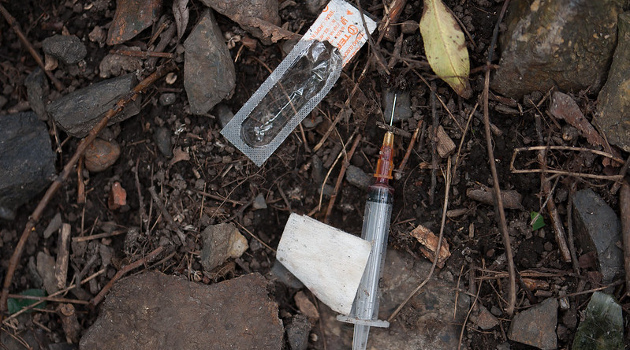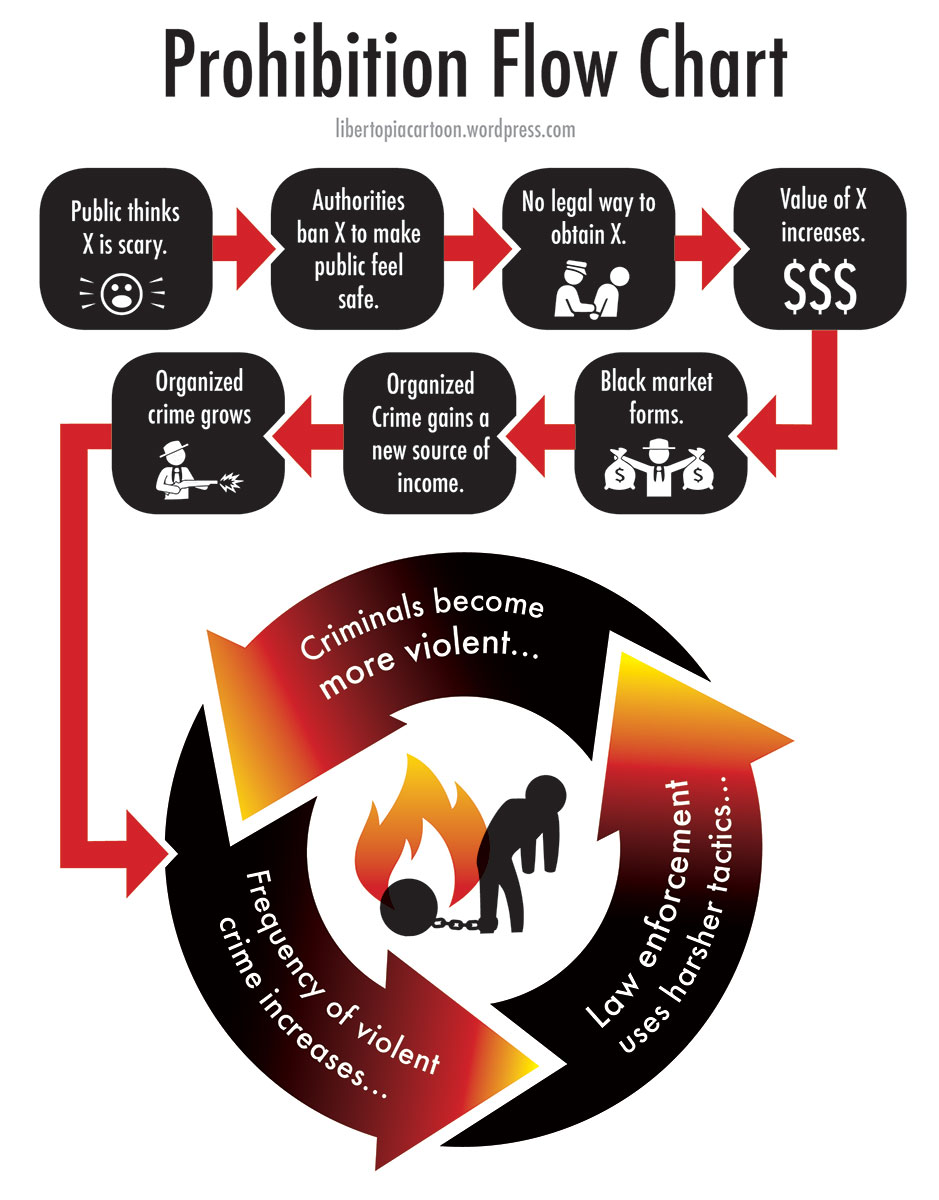I disapprove of marijuana, cocaine, and other drugs. But I have libertarian views on legalization because people should have the right to do potentially stupid things to their own bodies.
And I hold to that view even though I fear decriminalization will have some negative consequences.
Indeed, I’ve never claimed legalization is a zero-cost policy. Instead, as I wrote in 2018, “I think the social harm of prohibition is greater than the social harm of legalization.”
That way of thinking seems especially relevant given the very somber tone in a recent report about Portugal’s experience with decriminalization in the Washington Post.
Written by Anthony Faiola and Catarina Fernandes Martins, the article suggests that the country is reconsidering its approach.
Portugal decriminalized all drug use, including marijuana, cocaine and heroin, in an experiment that inspired similar efforts elsewhere, but now police are blaming a spike in the number of people who use drugs for a rise in crime. …now there is talk of fatigue. Police are less motivated to register people who misuse drugs and there are year-long waits for state-funded rehabilitation treatment even as the number of people seeking help has fallen dramatically. …Is it time to reconsider this country’s globally hailed drug model? …“These days in Portugal, it is forbidden to smoke tobacco outside a school or a hospital. It is forbidden to advertise ice cream and sugar candies. And yet, it is allowed for [people] to be there, injecting drugs,” said Rui Moreira, Porto’s mayor. “We’ve normalized it.” …A newly released national survey suggests the percent of adults who have used illicit drugs increased to 12.8 percent in 2022, up from 7.8 in 2001, though still below European averages. …even proponents of decriminalization here admit that something is going wrong. …Porto’s mayor and other critics, including neighborhood activist groups, are not calling for a wholesale repeal of decriminalization — but rather, a limited re-criminalization in urban areas and near schools and hospitals.
This is a decidedly grim assessment, much less optimistic than what I wrote back in 2017.
Though I did warn in that column, “…whether redistribution programs enable reckless behavior. In other words, people may decide it’s okay to be stoners because they can rely on handouts to stay alive instead of staying clean and having a job.”
Is that happening in Portugal? Based on the limited information in the story, there’s no way of answering that question.
Regardless, nothing in the Washington Post‘s report changes my assessment about the futility of the War on Drugs.
Speaking of which, C.J. Ciaramella writes about the failure of America’s Drug Enforcement Agency in a column for Reason.
The DEA is celebrating its 50th anniversary this year, marking half a century of abject mission failure. During five decades as a bottomless money pit that has destroyed countless lives while targeting Americans for personal choices and peaceful transactions, the agency’s annual budget has ballooned from $75 million to $3.2 billion. The DEA currently operates 90 foreign offices in 67 countries. …Since 1986, it has arrested more than 1 million people for manufacturing, distributing, or possessing illegal drugs. Yet in 2021, the Centers for Disease Control and Prevention (CDC) counted more than 107,600 drug-related deaths—an all-time high. The DEA’s own data show a steady, gradual decline in price and rise in purity for most street drugs since the 1980s. …Democrats and Republicans ensured the drug war was not cheap, but the human tragedies continued. …tough-on-crime bills pushed by Biden and like-minded legislators bore their rotten fruit. The total incarcerated population in the United States skyrocketed from roughly 500,000 in 1980 to more than 2.3 million at its peak in 2008. …Five decades should be long enough to admit we’ve made a terrible mistake and relegate the DEA to a museum.
P.S. A downside to legalization is that politicians get a new source of tax revenue.
P.P.S. Keep in mind that the War on Drugs has led to other bad policies such as anti-money laundering laws and civil asset forfeiture laws.
———
Image credit: Thomas Marthinsen | CC BY-NC-SA 2.0.




